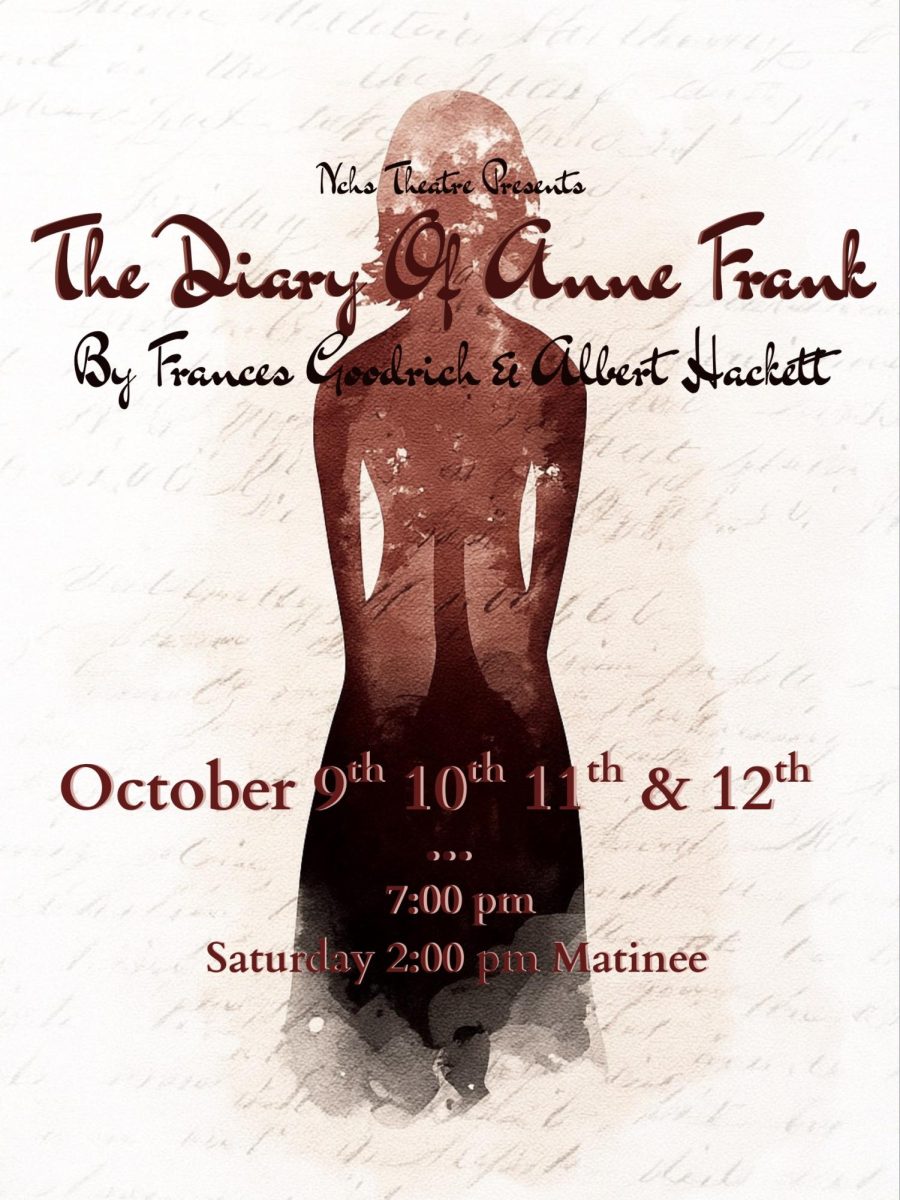
Traits of the ideal partner: attractive, kind, funny, compassionate.
Notice what’s not on that list: stalkerish, possessive, clingy….
In a day and age where social media users strive to build their followers, they don’t expect to gain literal followers, watching them through their windows.
At the surface, the Lifetime/Netflix show You seems like a classic story of boy meets girl. The catch is Joe Goldberg (Penn Badgley), the charming main character, is a psychotic stalker bringing a new level of bad relationship behavior to the television screen.
Boy meets girl becomes boy stalks girl.
You’s 10-episode first season follows Joe as he falls for Guinevere Beck (Elizabeth Lail) after she walks into the bookstore where he works.
Joe is employed, he’s smart, he’s safe – I mean he works at a bookstore after all. He couldn’t appear to be a more perfect man.
Spoiler alert: Joe murders Beck’s ex-boyfriend and her best friend (who was in love with her) so no one could come between them.
Talk about commitment.
Of course, Beck discovers this. So what does Joe do? He locks her in a soundproof vault in the basement of the bookstore before eventually killing her, her – Beck, the woman he is in love with, as well.
He’s psychotic, you can see it in his eyes.
But you’re also falling for him.
He’s a stalker, a murderer, why would the audience root for him?
Because the first two seasons of You are from Joe’s point of view, viewers experience the world from his, albeit warped, perspective for each episode’s 45-minute duration.
His thoughts and feelings start to overpower his actions. He is personalized, empathized. He isn’t really that bad.
Viewers flashback to Joe’s childhood in an intensely violent household, a household where his mother cared more about meeting guys than about her own son. Viewers sympathize with Joe, but should they really?
In season two, Joe’s new obsession is a woman named Love (coincidence?), played by Victoria Pedretti. Joe, through his telescope, peers right from his apartment into her’s, recreating his toxic behavior with Beck. Joe eliminates the privacy of others while hiding his own dark and tragic past.
Should the audience empathize with this monstrous character?
Joe can be undeniably caring as a character – between comforting a fifteen-year-old teenager with her own emotional baggage, getting to know Love’s friends, and saving the life of her brother – his actions will make your heart smile. Maybe it’s out of his love-addiction, but he is compassionate.
Compassionate and selfish.
To protect the secrets of his past, Joe locks his landlord in the vault, leaving the landlord’s daughter alone and freaking out. He is the worst example of the idea of love. His compassion might only be self-serving. As he protects others, he really aims to protect himself.
But in an effort to protect their love, Love follows his example when she kills Joe’s ex-girlfriend Candace – a threat from his past.
The surprise ending of season two further reveals Joe’s twisted selfishness. Joe longs for a life of freedom, but decides to stick around for now. Maybe Love (or love?) isn’t what he wants.
You utilizes a mix of emotions that, unfortunately, lessens the atrocity of death and makes viewers question their feelings through Joe’s narration.
You is psychotic, dark, and cringeworthy thanks to Joe, who is horrifically brilliant on his quest for love. After two seasons, he still hasn’t found exactly what he’s looking for. Will he be the father he never had? Or will he be another version of the one that he did have? Can he change?
You continuously tugs viewers’ hearts in different directions with a main character that you can’t choose whether or not to hate him or sympathize with him. This consistently thrilling season is filled with toxic romance that the show tries to portray as a negative, but has made everyone contemplate the question: What would you do for love?


![Community honors longtime coach Mr. Bryan Thomas before Oct. 3 game [photo gallery]](https://nchsinkspot.com/wp-content/uploads/2025/10/Thomas-6-1200x1200.jpg)



























![Week 7: Coach Drengwitz recaps the Ironmen’s win over Bloomington, talks Danville [video]](https://nchsinkspot.com/wp-content/uploads/2025/10/Vikings-feature-Image-1200x675.png)
















![Halloween candy cross section quiz [quiz]](https://nchsinkspot.com/wp-content/uploads/2022/10/Candy-cover-big-900x675.png)
![Average Jonah? [quiz]](https://nchsinkspot.com/wp-content/uploads/2022/05/average-jonah-900x600.png)






















![Week 5: Coach Drengwitz previews the Ironmen’s matchup vs. Peoria Manual, recaps Week 4 [video]](https://nchsinkspot.com/wp-content/uploads/2025/09/Week-5-v-Rams-1200x675.png)
![Postgame reaction: Coach Drengwitz on Community’s 28-17 Loss to Kankakee [video]](https://nchsinkspot.com/wp-content/uploads/2025/09/Week-4-postgame--1200x675.png)
![On the Spot: This or That – Halloween [video]](https://nchsinkspot.com/wp-content/uploads/2024/10/tot-Halloween-YT-1200x675.png)
![On the Spot: This or That – Fall favorites [video]](https://nchsinkspot.com/wp-content/uploads/2024/10/ots-fall-web-1200x800.png)
![On the Spot – Teachers tested on 2023’s hottest words [video]](https://nchsinkspot.com/wp-content/uploads/2024/01/On-the-Spot-Teachers-tested-1200x675.png)








